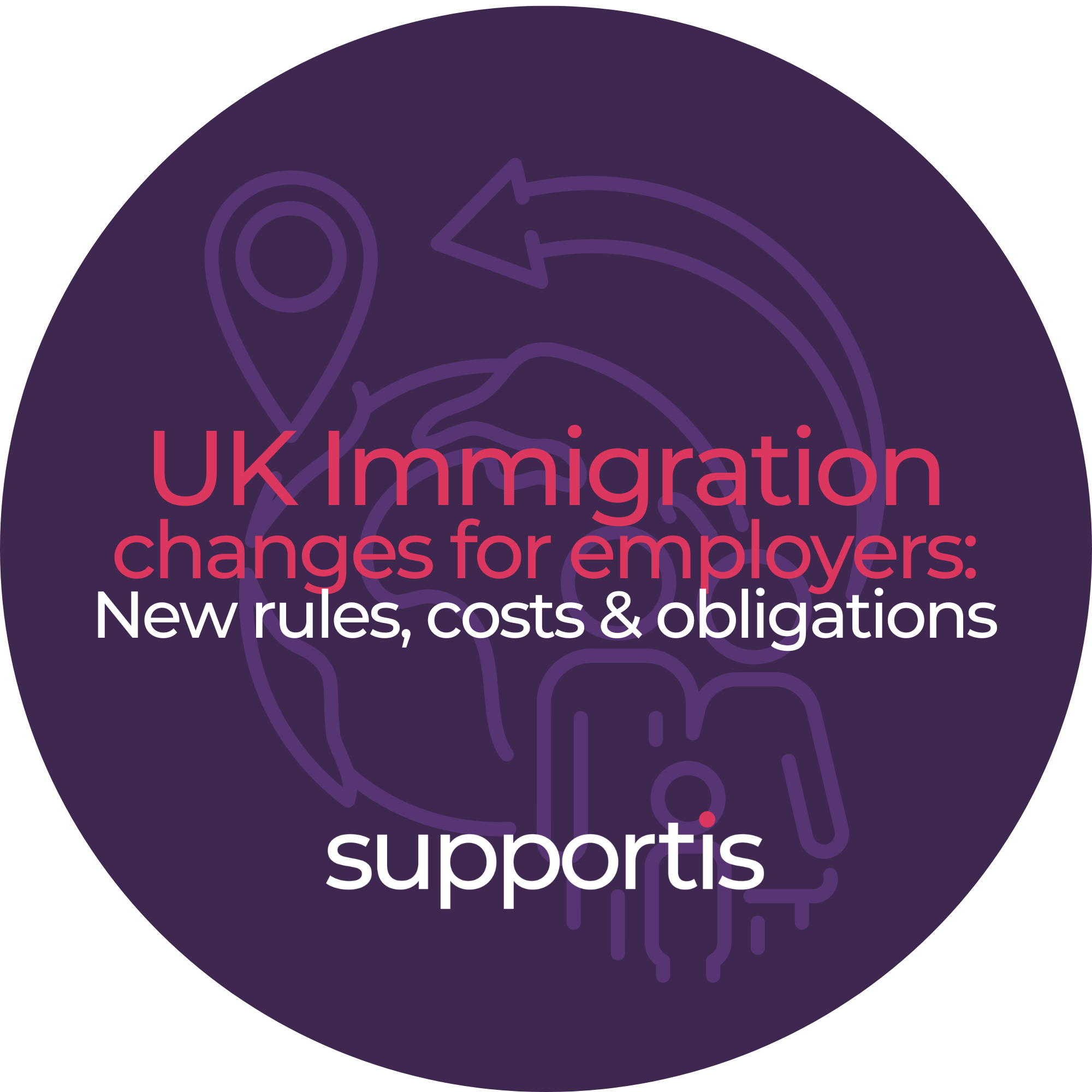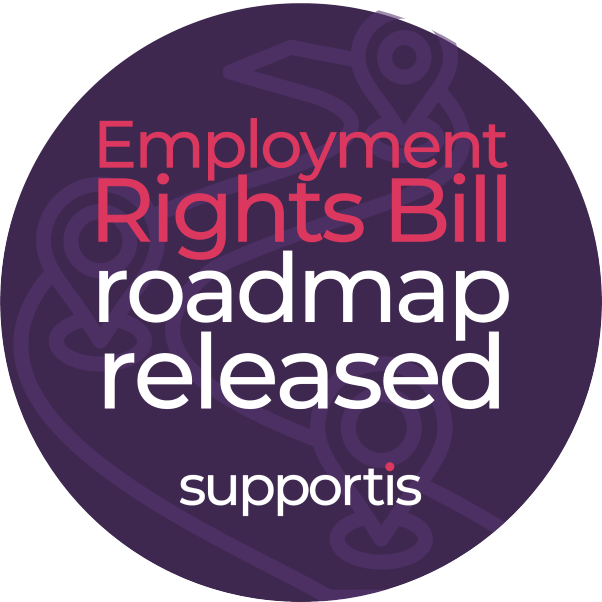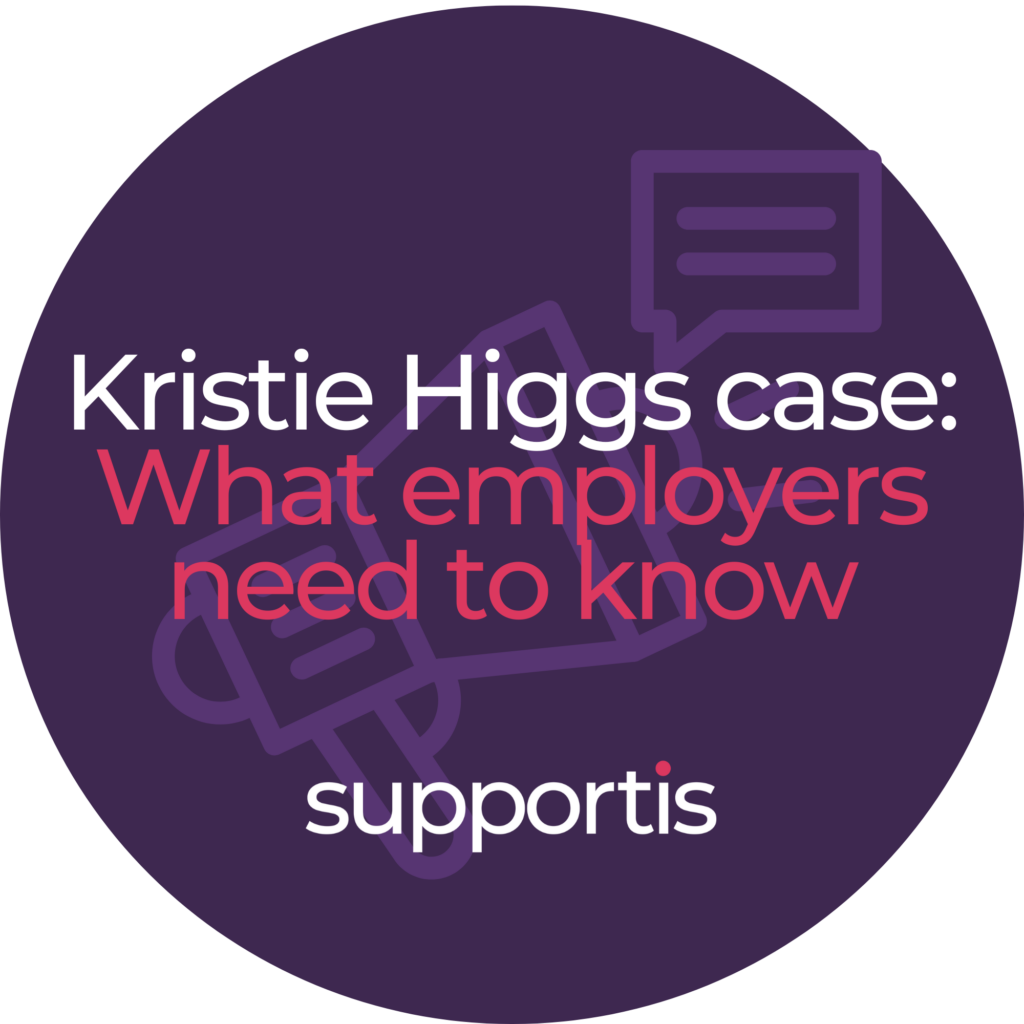Navigating the New Immigration Landscape: Employer FAQs
The UK government has recently unveiled its Immigration White Paper, signaling a significant shift in immigration policy with an aim to reduce reliance on overseas workers and bolster investment in homegrown talent. While some proposals require new legislation and a broader change in approach, the implications for UK employers are already becoming clear. Here, we break down the key changes and outline what employers need to understand about their current and future obligations.
The Current Landscape: Employer Obligations
Currently, UK employers sponsoring overseas workers operate under a set of established rules, including:
Sponsorship Licence – Businesses must hold a valid sponsorship licence to hire eligible foreign nationals.
Skilled Worker Route – This route allows employers to sponsor individuals in eligible occupations that meet a specific skill level (currently RQF Level 3 or above in many cases) and salary threshold.
Immigration Skills Charge – Employers pay a charge when sponsoring skilled workers.
Immigration Salary List – This list identifies specific occupations where employers can recruit overseas workers at a lower salary threshold.
Time to Indefinite Leave to Remain (ILR) – Typically, sponsored skilled workers can apply for ILR (the precursor to citizenship) after five years of continuous lawful residence.
Care Worker Visa Route – Employers in the care sector can sponsor overseas workers for specific care roles.
Graduate Visa – Graduates of UK universities can typically stay and work in the UK for two years after completing their studies.
The Future: Forthcoming Changes and Employer Obligations
The Immigration White Paper outlines several key changes that will impact employer obligations. While specific implementation dates for legislative changes are yet to be confirmed, employers need to be aware of the direction of travel and potential timelines.
Immediate to Near-Term Impacts
Increased Immigration Skills Charge
This increase of 32% (the first rise since 2017) will likely come into effect relatively soon after the necessary legislative or regulatory changes are implemented. Employers should factor this increased cost into their hiring budgets for sponsored workers.
Focus on Training Local Hires
The expectation for employers to demonstrate a commitment to training local workers is immediate. While the specifics of measurement are unclear, employers should begin to review and enhance their internal training programs and recruitment strategies targeting the domestic workforce.
Changes with a Potential Mid-Term Horizon (Likely requiring new legislation)
Closure of the Care Worker Visa Route
New applications for this route will cease. However, a transition period until 2028 will allow visa extensions and in-country switching for those already in the UK with the right to work. Employers in the care sector face a significant challenge in planning for recruitment beyond this period.
Higher Skilled Worker Visa Requirements
The skill threshold will rise to RQF Level 6 (bachelor’s degree equivalent). Once implemented, employers will need to ensure that sponsored roles meet this higher qualification level. This will particularly affect sectors that currently recruit for roles below this level, such as hospitality, unless those roles are deemed to be in ‘shortage occupations’.
Abolition of the Immigration Salary List
When this change takes effect, employers will no longer be able to rely on lower salary thresholds for specific occupations. All sponsored roles will need to meet the standard Skilled Worker salary requirements, which are also expected to increase (though the new levels are yet to be announced).
‘Time-Limited’ Shortage Occupation Recruitment
For specific occupations facing long-term shortages where visa requirements are below degree level, employers may have temporary access through the points-based system, provided they have a workforce strategy and a commitment to increasing domestic recruitment. The duration and specific conditions of this provision are yet to be detailed.
Reduced Graduate Visa Duration
The length of the Graduate visa will be reduced to 18 months (from the current two years). This will impact employers who rely on recruiting recent international graduates. The implementation timeline for this change is still to be confirmed.
Increased English Language Requirements
Skilled workers will need to demonstrate English language skills at B2 level (level of proficiency on the Common European Framework of Reference for Languages (CEFR) and adult dependants will need to show a basic level. There may also be requirements to demonstrate progress in language skills during their stay. Employers should be aware that this could impact the pool of eligible candidates.
Doubled Timeframe for Citizenship
New arrivals will need to wait 10 years before being eligible for indefinite leave to remain, significantly extending the period of sponsorship and associated costs for employers intending to retain overseas staff long-term. Exceptions for highly skilled individuals may apply.
Longer-Term Considerations
Potential University Levy
The government is considering a levy on universities’ income from international students, which could indirectly impact the availability and cost of international graduates in the future.
Labour Market Evidence Group
The establishment of this group suggests a more data-driven and potentially more restrictive approach to identifying genuine skills shortages and the feasibility of filling them domestically.
What Employers Need to Do Now
Stay Informed – Keep abreast of further announcements and the specific timelines for the implementation of these changes.
Review Recruitment Strategies – Evaluate your current reliance on overseas workers and begin to explore strategies for attracting and retaining domestic talent.
Assess Training Needs – Identify skills gaps within your existing workforce and invest in training programmes to upskill local employees.
Budget Accordingly – Factor in the increased Immigration Skills Charge and the potential for higher salary thresholds and longer sponsorship periods when planning future hires.
Engage with Industry Bodies – Collaborate with your sector’s representative organisations to understand the broader implications and potential collective responses to these changes.
The UK’s immigration landscape is undergoing a significant transformation. By understanding the current obligations and proactively preparing for the forthcoming changes, UK employers can navigate these new rules effectively and ensure the continued success of their businesses.
Navigating these upcoming immigration changes can present complex challenges for employers. For expert guidance on ensuring your recruitment and employment practices remain legally compliant, please don’t hesitate to contact Supportis on 0161 603 2156, or at [email protected]. We can help you understand your obligations and plan effectively for the future immigration landscape.




